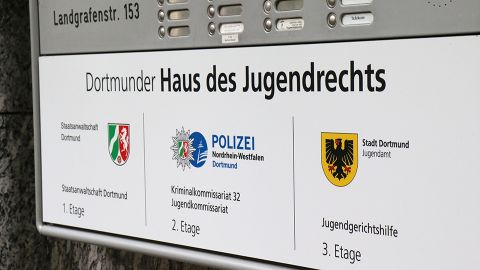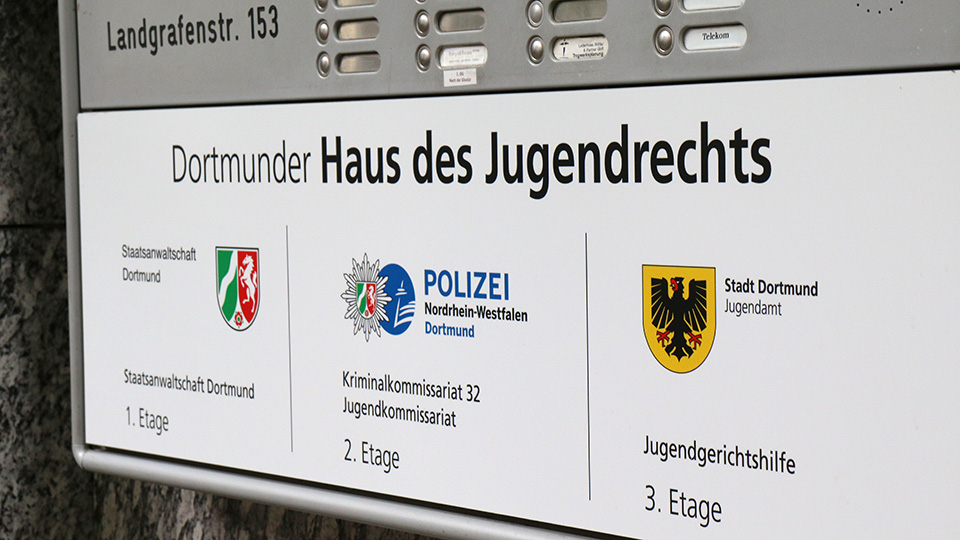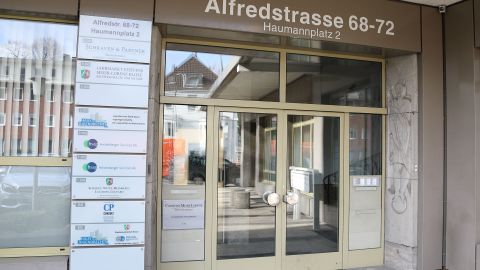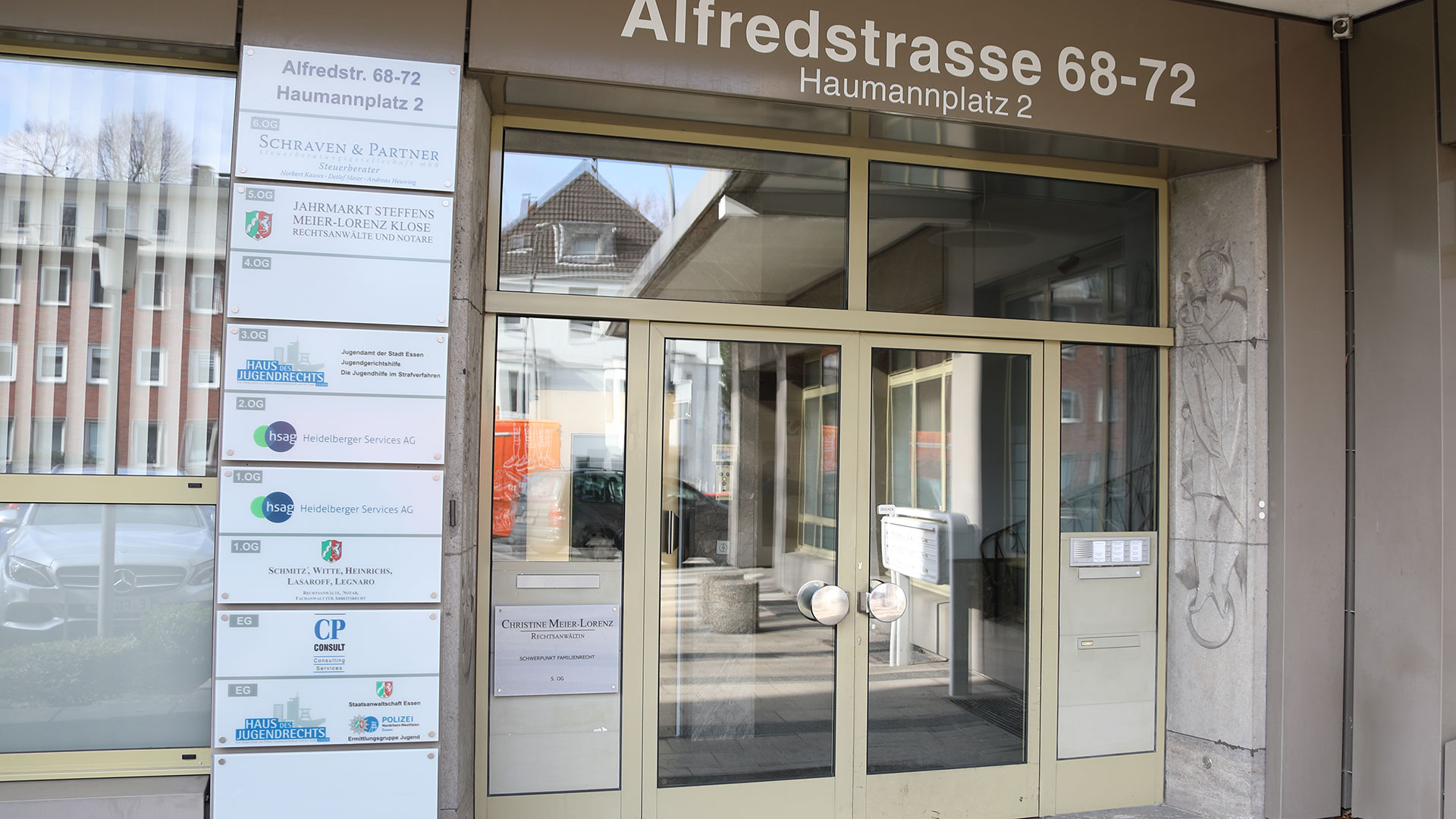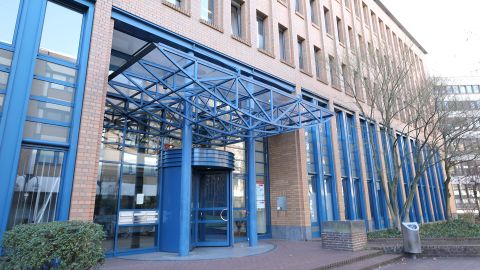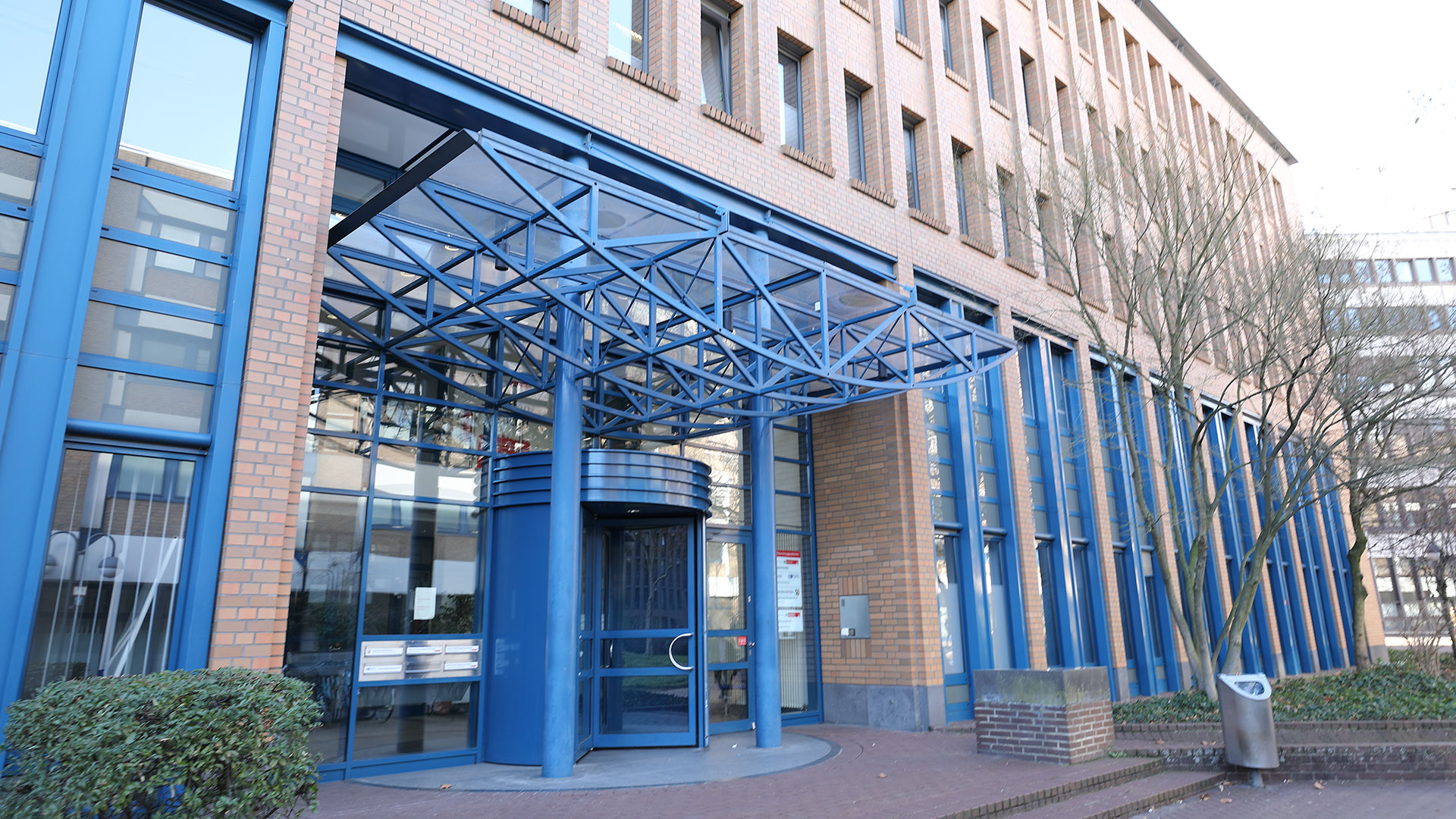In the "Houses of Juvenile Justice", youth (court) help, the public prosecutor's office and the police generally work closely together under one roof. They deal with juvenile and adolescent suspects who have made multiple criminal appearances and who are predicted to have an incipient or consolidating criminal future. The House of Juvenile Justice pursues the goal of optimizing the existing inter-agency cooperation of all cooperation partners:
- to end the criminal careers of juvenile and adolescent offenders or to reduce their recidivism rate in order to reduce juvenile crime overall
- and thus make a significant contribution to improving the sense of security and the security situation.
Neither dramatize nor trivialize but focus
We are talking about a relatively small number of young people who cause a lot of problems, but who also have a lot of problems themselves. Manifest juvenile delinquency is a complex phenomenon - or rather a more or less clear symptom of highly differentiated causes - that cannot be solved by the police alone. And this "multi-problem environment" is also the reason why all those responsible must cooperate in order to tackle this task in the long term - in a way that is true to the task and clear in terms of roles, but nevertheless close and trusting.
The solution: everything under one roof
The "Houses of Juvenile Justice" improve the networking and interaction between the responsible parties by bringing together the police, public prosecutor's office and juvenile (court) assistance in terms of organization and location. They offer the opportunity to view issues from multiple perspectives at any time and in an uncomplicated organizational manner, e.g. in the context of case conferences and house meetings. Houses of juvenile justice are a well-evaluated method of optimally dealing with the prevention and combating of juvenile delinquency across agencies. Evaluations in North Rhine-Westphalia in particular prove the positive effects.
Short paths instead of a "short process"
It's not always about a quick process, a quick judgment, but rather about the appropriate form of response. Sometimes you have to react quickly, but sometimes it can also be helpful to give the young person time to understand what they have done, to apologize or similar. But the experts need to talk about the best way to react and what each individual cooperation partner can and should contribute to achieving the goal. To do this, you have to "put your heads together" in the truest sense of the word - and usually not just once. A House of Juvenile Justice provides the framework for this. For this reason, the successive state-wide expansion of such facilities is also enshrined in the coalition agreement of the state government of North Rhine-Westphalia.
There are currently six such centers. Find out more about the work in the houses here:
